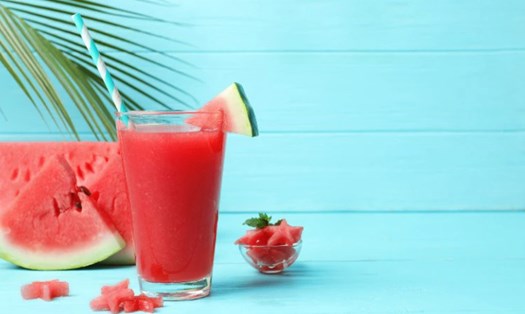Irritable bowel syndrome (IBS) is a common digestive condition that affects the large intestine, causing symptoms such as abdominal pain, bloating, cramps, diarrhea, constipation… In some cases, it can also lead to headaches, sleep disturbances and chronic pelvic pain.
For people with IBS, diet management is important, as certain foods and drinks can trigger symptoms.
Low FODMAP Diet for IBS Patients
According to Dr. Mangesh Keshavrao Borkar, Consultant - Gastroenterologist, Manipal Hospital, Kharadi, Pune (India), FODMAPs (fermentable oligosaccharides, disaccharides, monosaccharides and polyols) are short-chain carbohydrates that hinder digestion.
Instead of being absorbed into the bloodstream, these crab chains travel to the end of the intestine. Bacteria at the end of the intestine feed on these crabs, producing hydrogen gas and causing indigestion in sensitive people.
Reducing consumption of foods high in FODMAPs can help IBS patients feel better and have better functioning of their digestive systems.
Should people with IBS eat watermelon?
According to Dr. Borkar, watermelon is considered a high FODMAP food and can be dangerous for people with IBS.
Watermelon is high in fructose, a monosaccharide that is not well absorbed by the small intestine. In people with IBS, fructose can ferment in the intestines, causing increased gas, bloating, and abdominal discomfort. Therefore, watermelon can often be eliminated from a low-FODMAP diet to help relieve IBS symptoms.
Watermelon Alternatives for IBS Patients
For people with IBS, low-FODMAP fruits can be a great alternative. These include:
- Melon
- Blueberries
- Strawberry
These fruits are less likely to cause IBS-related symptoms and are easier to digest, says Dr. Borkar.









